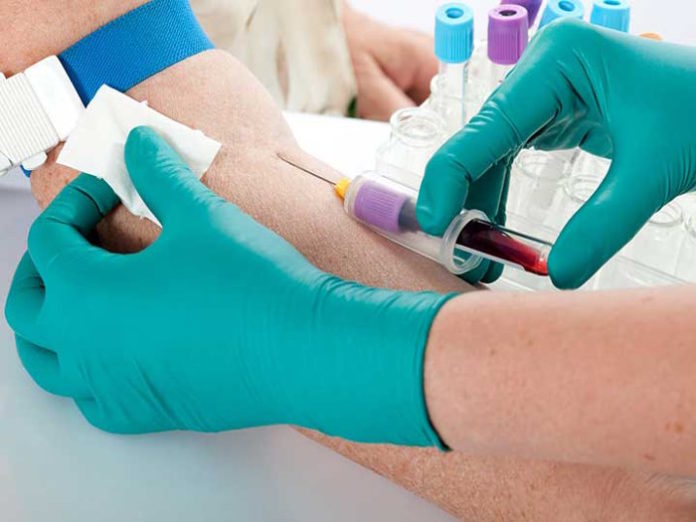Two studies on the accuracy of high-sensitivity and conventional cardiac troponin assays published in Clinical Biochemistry demonstrate what clinical laboratorians have long known: sometimes, despite the best efforts of labs, cardiac troponin results are wrong, leading to missed or inaccurate diagnoses.
In one study, researchers evaluated the utility of a single high-sensitivity cardiac troponin T (hs-cTnT) measurement in 413 patients who arrived in the emergency department with symptoms of myocardial infarction (MI). Despite excellent precision of 11.7% at the limit of detection (LoD) of 5 ng/L used to rule out MI, two of the 71 MIs that occurred had hs-cTnT concentrations <5 ng/L. The authors concluded that a single measurement of hs-cTnT < 5 ng/L is “not enough to rule out safely (non-ST-elevation MI) for very early presenters.
In an accompanying editorial, Peter A. Kavsak, PhD, FCACB, FACB, FCCS, from McMaster University in Ontario, Canada; Amy K. Saenger, PhD, DABCC, from the University of Minnesota in Minneapolis; and Peter E. Hickman, MB, from the Australian National University in Canberra, highlighted possible reasons for the findings. These included divergent results depending on the reagent lot of cardiac troponin; the considerable variation of the assay at the low analytical range end that occurs within and across different platforms; and pre-analytical factors including mild hemolysis, and the tube and specimen type.
In the second study, researchers found that endogenous alkaline phosphatase (ALP) causes a higher result for cardiac troponin I (cTnI) in assays that use ALP as a label to generate light in the chemiluminescent immunoassay method. They suggest that the liver isoform of ALP is to blame and that the assay may deliver inaccurate results in hepatobiliary patients.
“How can one reconcile the fact that erroneous cardiac troponin results will occur and the laboratory cannot prevent them all?” Kavsak, Saenger, and Hickman asked. To avoid missed or inaccurate diagnoses, they wrote, clinicians should not rely entirely on cardiac troponin levels for diagnosis. cTn results
The editorialists continued, “Laboratory professionals need to have a continuous, ongoing dialogue with all stakeholders, as timely communication is vital for proper interpretation of all laboratory results (even the inaccurate ones).”
Source: AACC






























